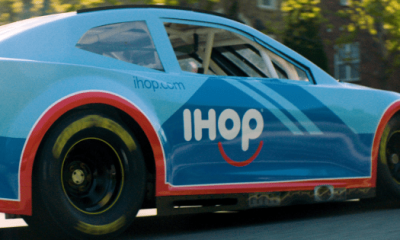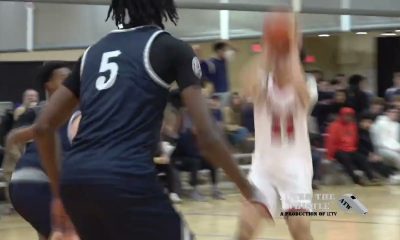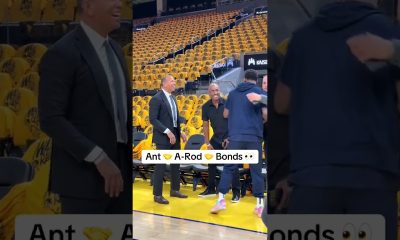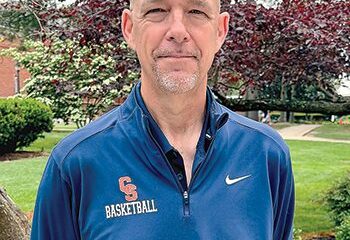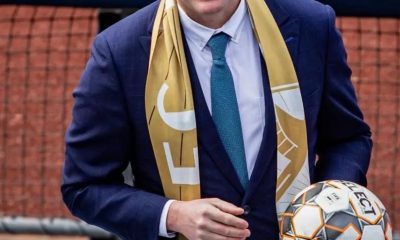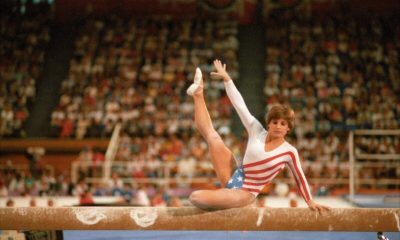It’s certainly been a week for college athletics, with the House settlement looming, President Donald Trump preparing to start a commission with the help of Nick Saban, while schools prepare for upcoming revenue-sharing. Oh, and Bill Belichick is in the news once again, thanks to the nonstop outside noise involving his girlfriend, Jordan Hudson.
By now, I’d imagine just about anyone who follows college athletics is sick and tired of hearing about the House settlement, and I can honestly say I don’t blame you. We’ve been discussing this topic for quite some time now, and while we are waiting to see whether Judge Claudia Wilken will approve the settlement, the start of a new era in college sports waits too.
The talk of revenue-sharing, and what type of rules will follow, has been a focal point of conversation around college campuses. There are still plenty of questions left to be answered, and a majority of athletic departments are still awaiting answers on what types of rules will come with this agreement.
How much are schools going to spend on football, compared to basketball, baseball and other sports? That’s going to be decided by each particular program, but most are going to invest a majority of the money into the football program, given that it’s a money-making machine for an athletic department.
Going forward, it will be fascinating to see how this plays out across each campus, with some schools having the ability to invest more into basketball, especially if they don’t have a football program to fund.
Oh, and we had a Colorado fan decide to sue the NFL for ‘emotional distress’ and ‘trauma’ because of the slide Shedeur Sanders took in the NFL Draft. Yes, I’m being completely serious.
Bill Belichick And North Carolina Need To Figure Out A Compromise
If you haven’t been paying attention to the drama surrounding Bill Belichick at North Carolina, I’m actually happy for you. But, you’ve missed a lot. The latest example of UNC’s public relations nightmare came on Friday, when Pablo Torre reported that Belichick’s girlfriend, Jordon Hudson, had been banned from the Tar Heels football complex.
All of this comes on the heels of an interesting interview Belichick did with CBS Sunday Morning, where Jordon Hudson became the talking point, thanks to her interjecting to questions surrounding how the pair actually met. Then, the school decided to release a statement saying that CBS had lied about the questioning before the interview, leading Belichick to release a statement defending Jordon Hudson.
Are we done yet? Not even close.
Then, as previously mentioned, a podcast episode with Pablo Torre dropped, which claimed that Hudson has been banned from the football building. Honestly, you couldn’t write a crazier offseason script if you tried. The school then released a statement saying that the reports were false, and that Jordon Hudson was allowed in the building, and that she was handling all of Bill Belichick’s outside public relations, along with managerial duties.
The fact that we are discussing Belichick’s 24-year-old girlfriend, and not the actual football team, is getting to a point of no return now. This has turned into a nightmare for the folks inside the athletic department, especially when they had to release ANOTHER statement about Belichick’s girlfriend.
Unfortunately for the Tar Heels, this story is not going away, and football season can’t get here quick enough for those at North Carolina. There will be more layers to this story coming. But my goodness, I’m sick of writing about Belichick’s girlfriend.
Nick Saban Expected To Be Part Of Donald Trump’s Commission
According to numerous sources, former Alabama head coach Nick Saban will be a co-chair for the commission study, alongside Texas billionaire Cody Campbell, who also happens to be the co-founder of the Texas Tech NIL collective.
Now, the most interesting aspect of President Trump putting together a commission will be who else joins the party. In my opinion, they will need to have an athlete’s presence. Someone who can be a voice for the players, no matter which sport they participate in.
I would imagine there will be a number of influential people in college athletics on this ‘commission’, but I’m curious to see what kind of impact they can make. Are we going to see Nick Saban help congressional leaders put some type of bill together, in hopes of being passed to help control college athletics? I’d think that’s exactly where we are headed, given how important Donald Trump is making this matter.
We now wait to see who joins this commission, and when they actually announce it.
SEC Preparing For 9-Game Conference Schedule, If CFP And Money Add Up
A future college football playoff format is not the only thing on the mind of leaders from the SEC, headlined by Commissioner Greg Sankey. Right now, ESPN continues to float financial figures that would be tied to the SEC moving to a nine-game conference schedule in the future.
We are ultimately headed towards more conference games, with ESPN ready to pay. According to multiple sources, it would be financially beneficial for the SEC to plan an additional conference game per season, finally moving away from eight games. There are ongoing talks regarding how much this will be worth for the SEC, given that this could lead to a number of top-tier matchups, with ESPN willing to go from anywhere between $55 to $80 million for the additional game.
Obviously, this would be financially smart for the conference, but a lot of this hinges on what happens with the college football playoff. Now that the SEC and Big Ten have control over the future format, there has been a push for a sixteen-team postseason, which we have previously reported. If both conferences agree to push forward, after meeting on Thursday in New York to discuss the matter, then the SEC and Big Ten would receive four automatic-bids to the playoff.
Also, this could lead to ‘play-in’ games taking the place during championship weekend within the conference. The third place team would play the 6th placed team, while it would be 4th versus 5th. These matchups would determine the other automatic bids.
All of this will be further discussed at SEC Spring Meetings, which will take place later this month. We will continue to keep you updated, and have you covered in Destin for this year’s meetings.
Sherrone Moore Suspended Two Games For Deleting Messages From Connor Stalions
Yes, we are still talking about the ramifications of the Connor Stalions ‘sign-gate’ ordeal at Michigan, as Sherrone Moore is preparing to receive a two-game suspension for deleting text messages from the now former staffer.
The NCAA’s Committee on Infractions will hold a hearing with Michigan in June, where all sides will lay out their cases before a final penalty is levied against the Wolverines. There will be no type of postseason ban, and Michigan has already imposed a suspension for Sherrone Moore, where he will miss weeks three and four of the 2025 season.
Some interesting timing with that one, given that the Wolverines will play Oklahoma, where Moore attended college. Clearly, Michigan did its head coach a favor by allowing him to coach against the Sooners, but having him sit out the Nebraska game.
Time till tell where this one ends up, but next month we should start hearing about a final resolution to the Connor Stalions drama.
Charles Barkley Tees Off On NIL, Why He Doesn’t Give To Auburn
Former Auburn Tiger, Charles Barkley, was a guest on the Dan Dakich show this week, where he was asked about the current state of college athletics.
One of the main topics of discussion centered around how much money college athletes are making right now in basketball and football. As for Charles Barkley, you could tell that he’s not the type of alumni that’s willing to fork over a few million dollars to help the Tigers NIL fund.
“Hey, I love Auburn, I do. I’d do anything for Auburn, within reason,” Barkley said. “But I’m not gonna give Auburn millions of dollars so we can be good in football or basketball. That doesn’t help my life in any capacity. And let me tell you something, black and broke in any states. Guam, District of Columbia, all fifty states. I never meant to be poor and black. That does not work.”
Yea, I can’t say I disagree with the former Auburn Tiger.
We continue to tread in unchartered waters when it comes to NIL, and pay-for-play, because that’s exactly what NIL has turned into. If you are working in the fundraising department at Auburn, I wouldn’t expect Sir Charles to pick up the phone when you’re calling about a donation to the five-star football or basketball player.
No matter how you slice it, there is no offseason in college athletics.


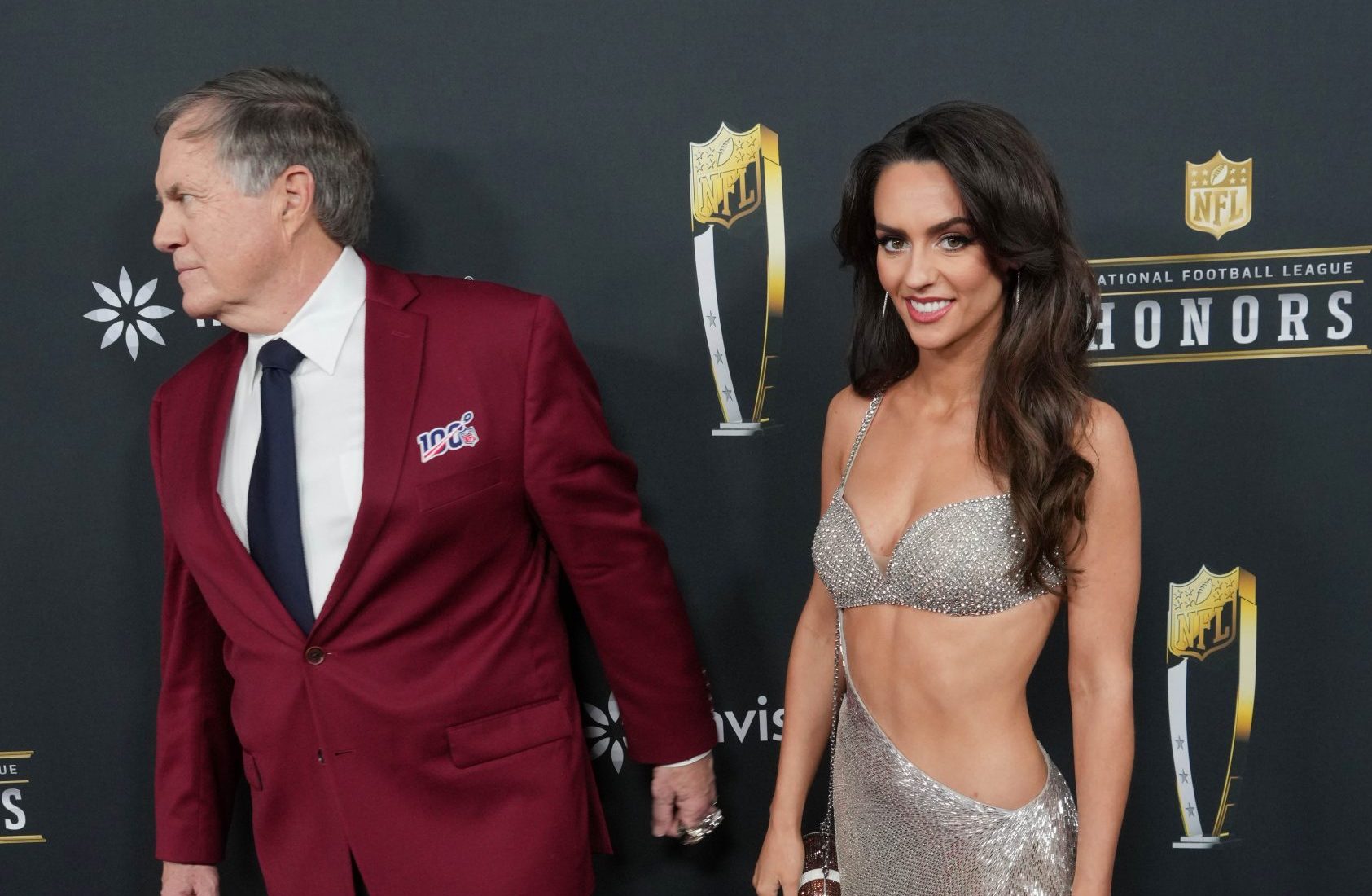

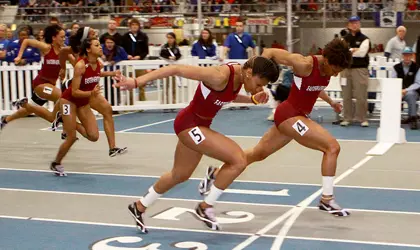


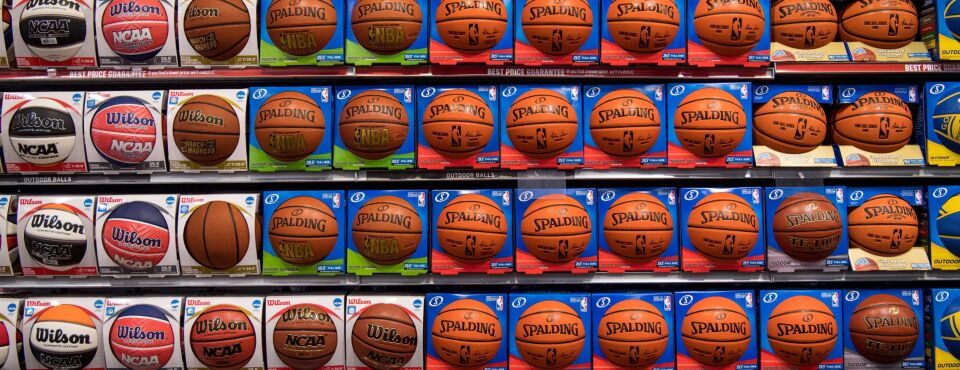
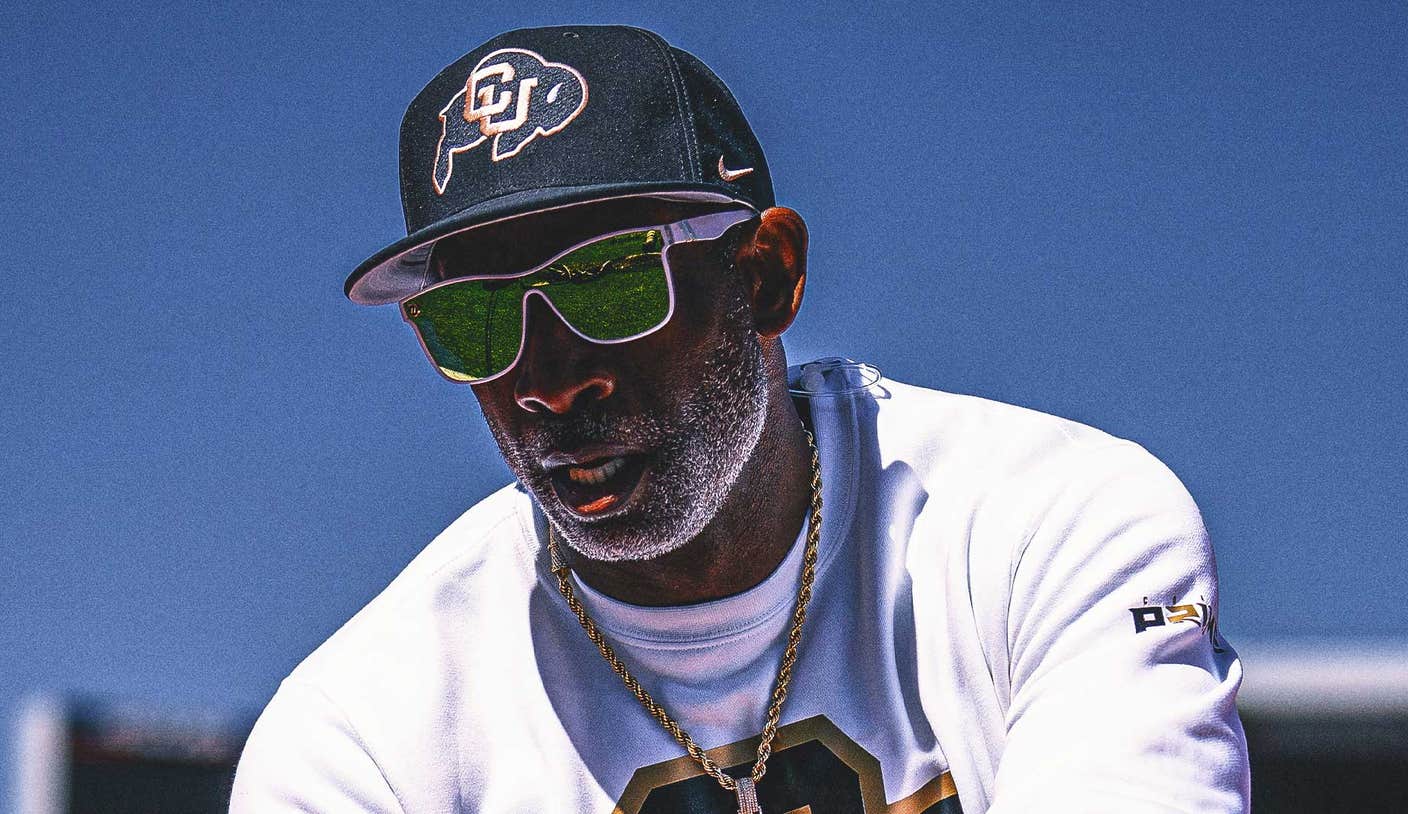
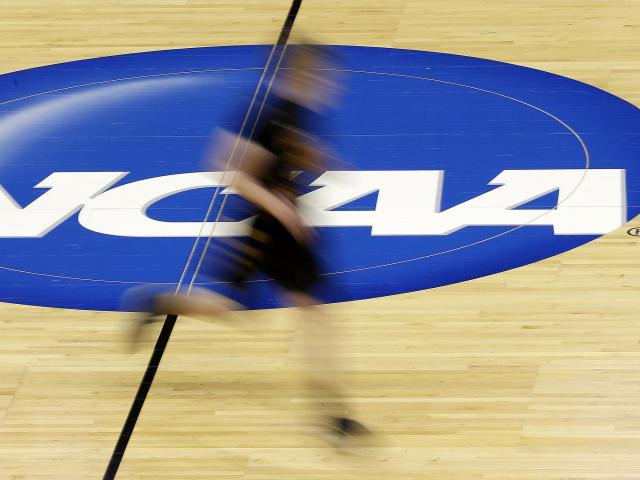



 Stephen A.’s Game 4 message to the Knicks | NBA Countdown
Stephen A.’s Game 4 message to the Knicks | NBA Countdown


























 (via @nbcsportsauthentic/TT)
(via @nbcsportsauthentic/TT)







